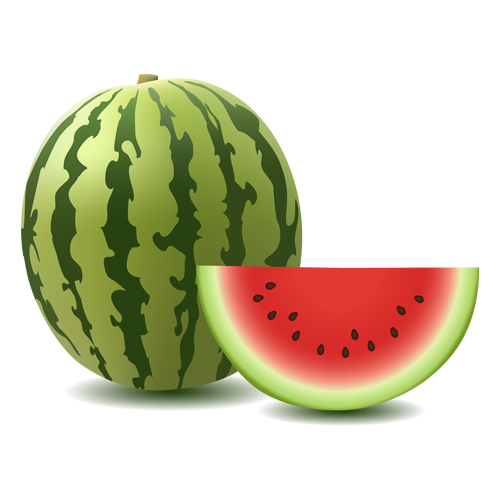Watermelon

Watermelon is an annual plant native to Africa. It thrives in warm climates and has zero tolerance for frost. Watermelon typically grows best in hot regions where it can flourish without the threat of cold temperatures.
Watermelon is primarily cultivated for its sweet and juicy flesh. It serves as a valuable source of hydration and nutrition, particularly during the hot and dry periods of the year. The high water content in watermelon helps to quench thirst and provides a cooling effect, making it a refreshing choice in warm weather.
Beyond its hydrating properties, watermelon is rich in various nutrients. It contains significant amounts of vitamins A, C, and some B vitamins, as well as potassium. Additionally, watermelon is abundant in lycopene, an antioxidant known for its potential benefits in promoting heart health and protecting against certain types of cancer.
The delicious and refreshing nature of watermelon makes it a summer favorite. It can be enjoyed as fresh slices, incorporated into fruit salads, blended into smoothies, or used in refreshing drinks. In summary, watermelon is not only a delightful way to cool down on hot days but also offers numerous health benefits.
Season Information
| January | February | March | April | May | June | July | August | September | October | November | December |
|---|---|---|---|---|---|---|---|---|---|---|---|
 |  |  |  |  |  |  |  |  |  |  |  |

